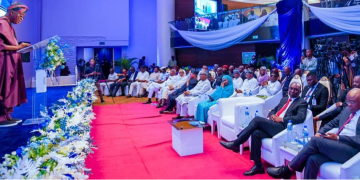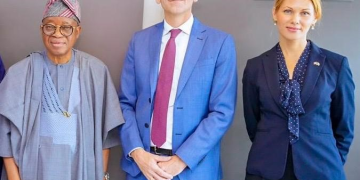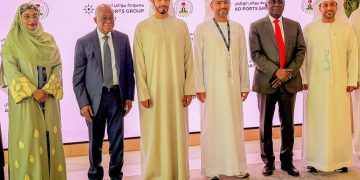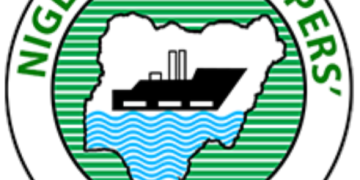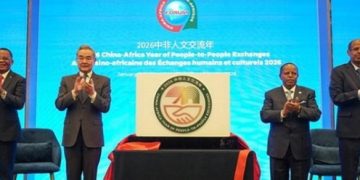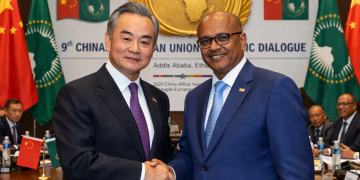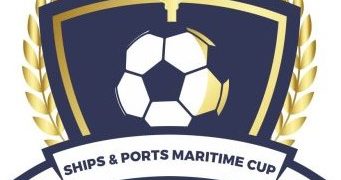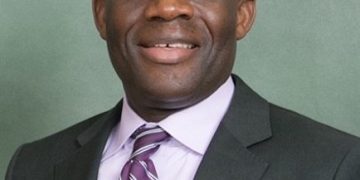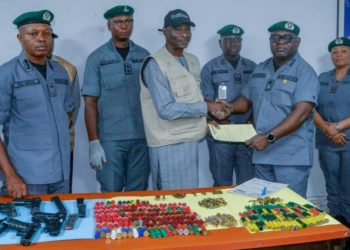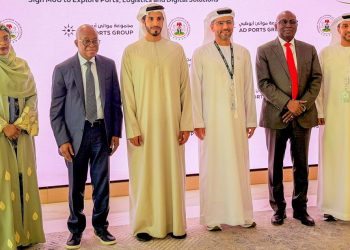- A shipyard
By Anthony Nwachukwu
The Nigerian Maritime Administration and Safety Agency (NIMASA) says it has accredited 27 registered shipyards to operate across the country.
They comprise 10 facilities in Lagos State, eight in Rivers State, and nine in Delta State, as the only shipyards that have so far complied with the agency’s regulatory, safety and operational standards, the NIMASA Deputy Director/Head, Public Relations, Osagie Edward, stated.
Releasing the list of accredited shipyards in Lagos, the NIMASA Director-General, Dr. Dayo Mobereola, emphasised that the accreditation exercise forms part of the agency’s broader drive to enhance safety and streamline operational efficiency in the maritime industry.
“Our goal is to ensure that every shipyard operating in Nigeria adheres to international standards of safety, environmental protection, and operational efficiency,” Dr. Mobereola explained.
“By maintaining a transparent and credible register of accredited facilities, we are boosting investor confidence, protecting maritime assets, and promoting sustainable industry growth.
“This underscores the agency’s sustained commitment to promoting transparency, safety and quality service delivery in ship repair, dry-docking and vessel construction within Nigeria.”
Meanwhile, NIMASA stated that, as a direct benefit of this accreditation, vessels to be built at these facilities will be assigned a Keel Identification Number (KIN) by the its Maritime Safety and Seafarers Standards Department at the time of construction, in accordance with the “Certificate of Plan and Specification Approval.”
It added that “this KIN will make such vessel eligible to obtain an IMO Number.” NIMASA further stated that the verification and accreditation process is continuous and aimed at ensuring operational excellence across the nation’s maritime value chain.
According to the agency, by maintaining an updated and transparent registry of accredited facilities, it seeks to enhance industry confidence, protect investments, and align local operations with global best practices.




